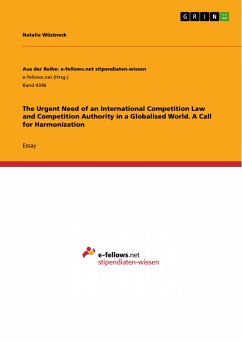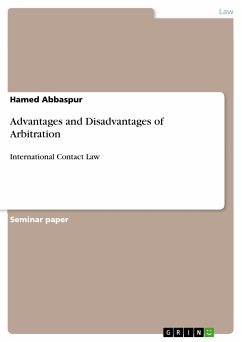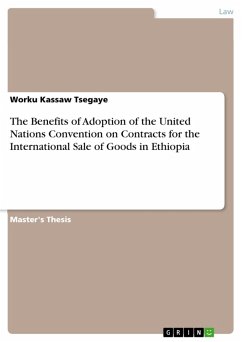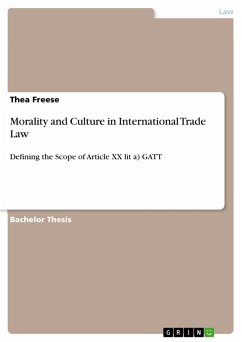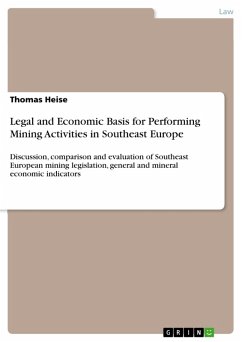Essay from the year 2022 in the subject Law - Civil / Private, Trade, Anti Trust Law, Business Law, grade: 11 Punkte, University of Münster (Rechtswissenschaften), course: International Competition Law, language: English, abstract: In an increasingly globalized world, the challenges facing competition law and its enforcement are more prominent than ever. With domestic markets opening to foreign trade and multinational corporations operating globally, there is a pressing need for international harmonization of competition law and the establishment of a global competition authority. This essay begins by highlighting the essential elements for effective international harmonization: substantive provisions and enforcement measures. It argues that for the global economy to thrive, competition law must evolve internationally, requiring harmonization across diverse legal frameworks. Exploring the proliferation of over 130 diverging systems of competition law worldwide, the essay reveals the bureaucratic hurdles and significant costs and fines imposed, hindering the entry of small firms and start-ups into the global market. This unequal economic landscape favors large corporations, stifling competition and growth, particularly in developing countries. The essay delves into the challenges posed by global monopolies, demonstrating how national competition laws often fail to address "borderless markets." Using examples such as differing legal thresholds for market dominance, it underscores the inadequacy of national regimes in regulating global corporate behavior effectively. Highlighting the legal complexities surrounding monopolistic practices, such as those permitted under one jurisdiction but prohibited under another, the essay emphasizes the need for policymakers to adapt to the realities of a borderless economy.
Dieser Download kann aus rechtlichen Gründen nur mit Rechnungsadresse in A, B, BG, CY, CZ, D, DK, EW, E, FIN, F, GR, HR, H, IRL, I, LT, L, LR, M, NL, PL, P, R, S, SLO, SK ausgeliefert werden.

